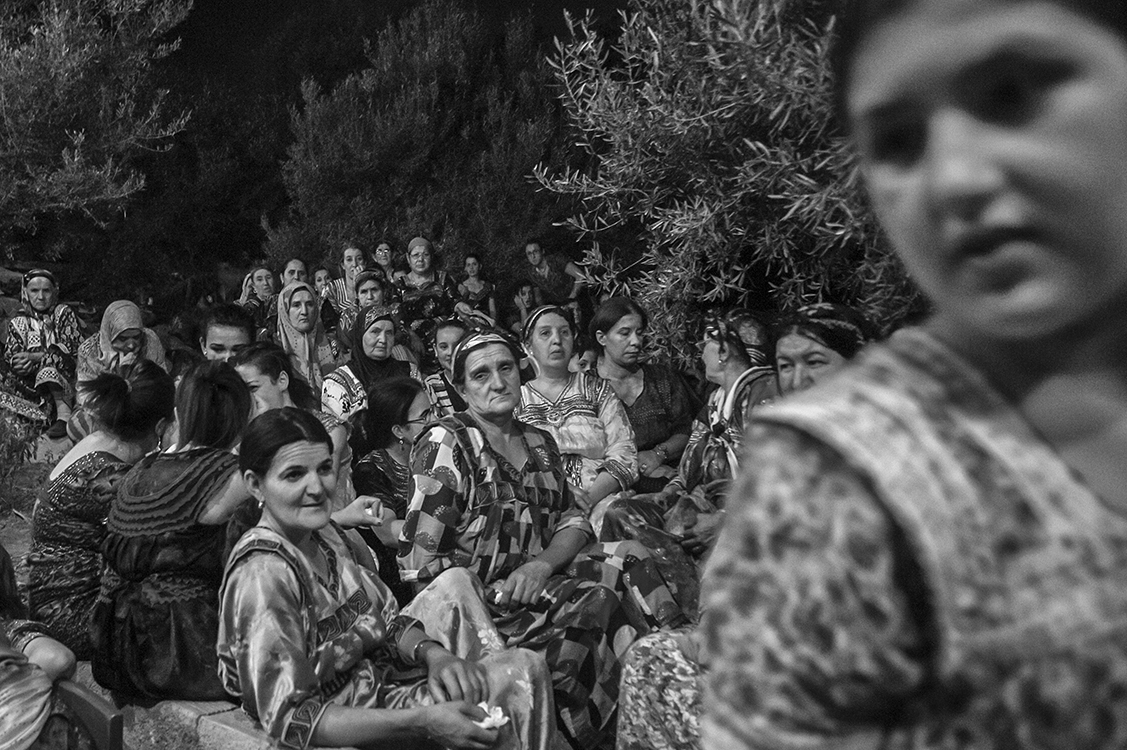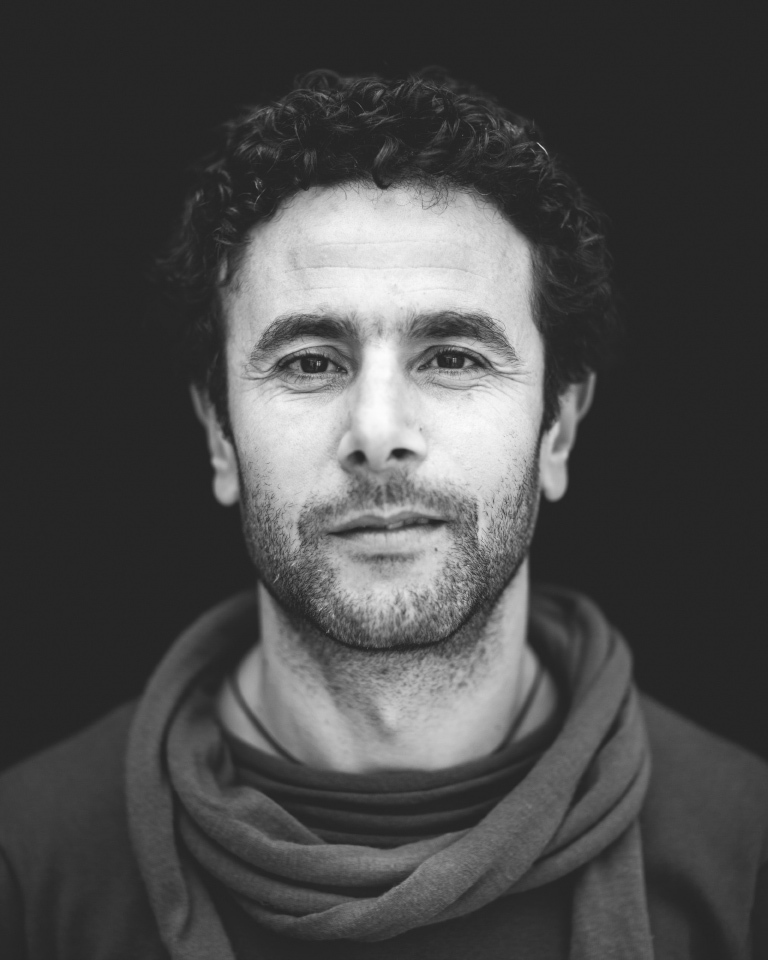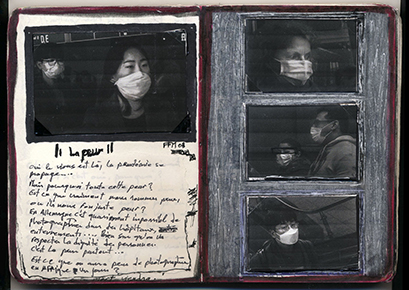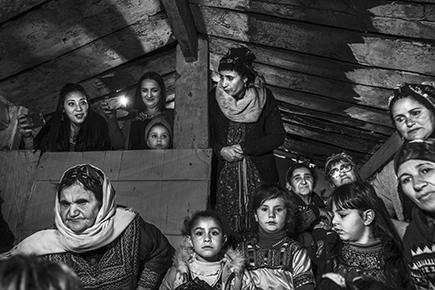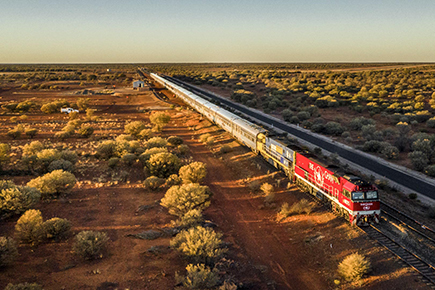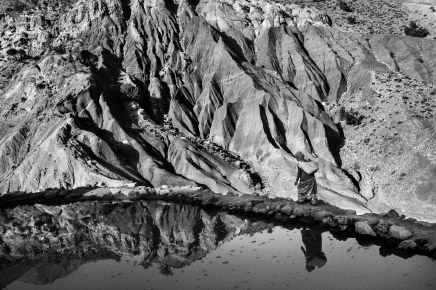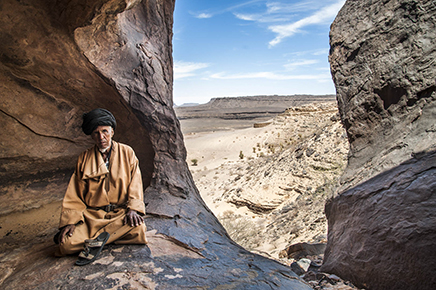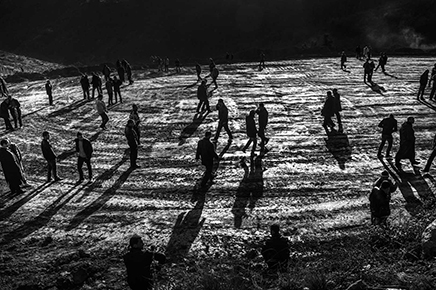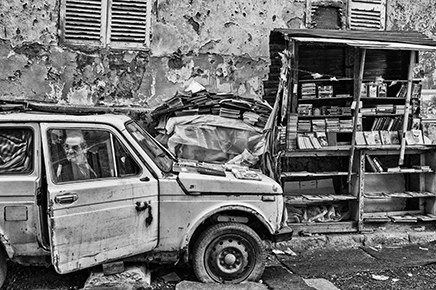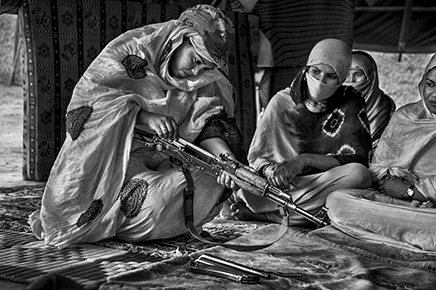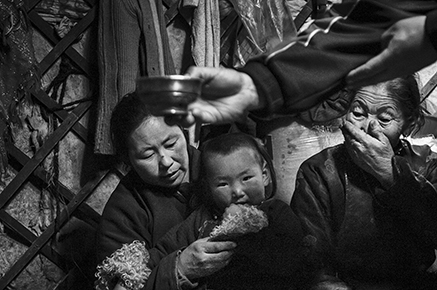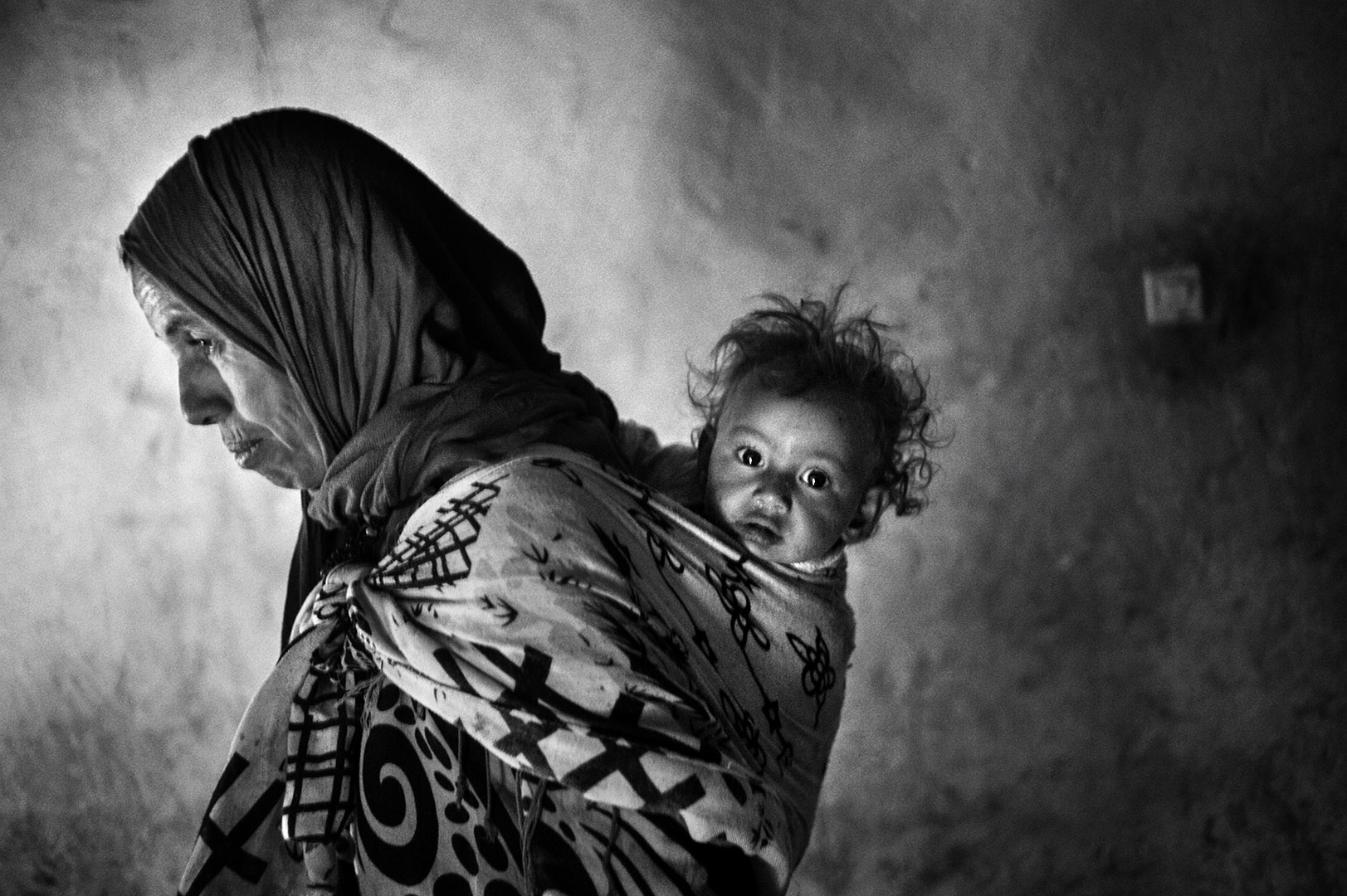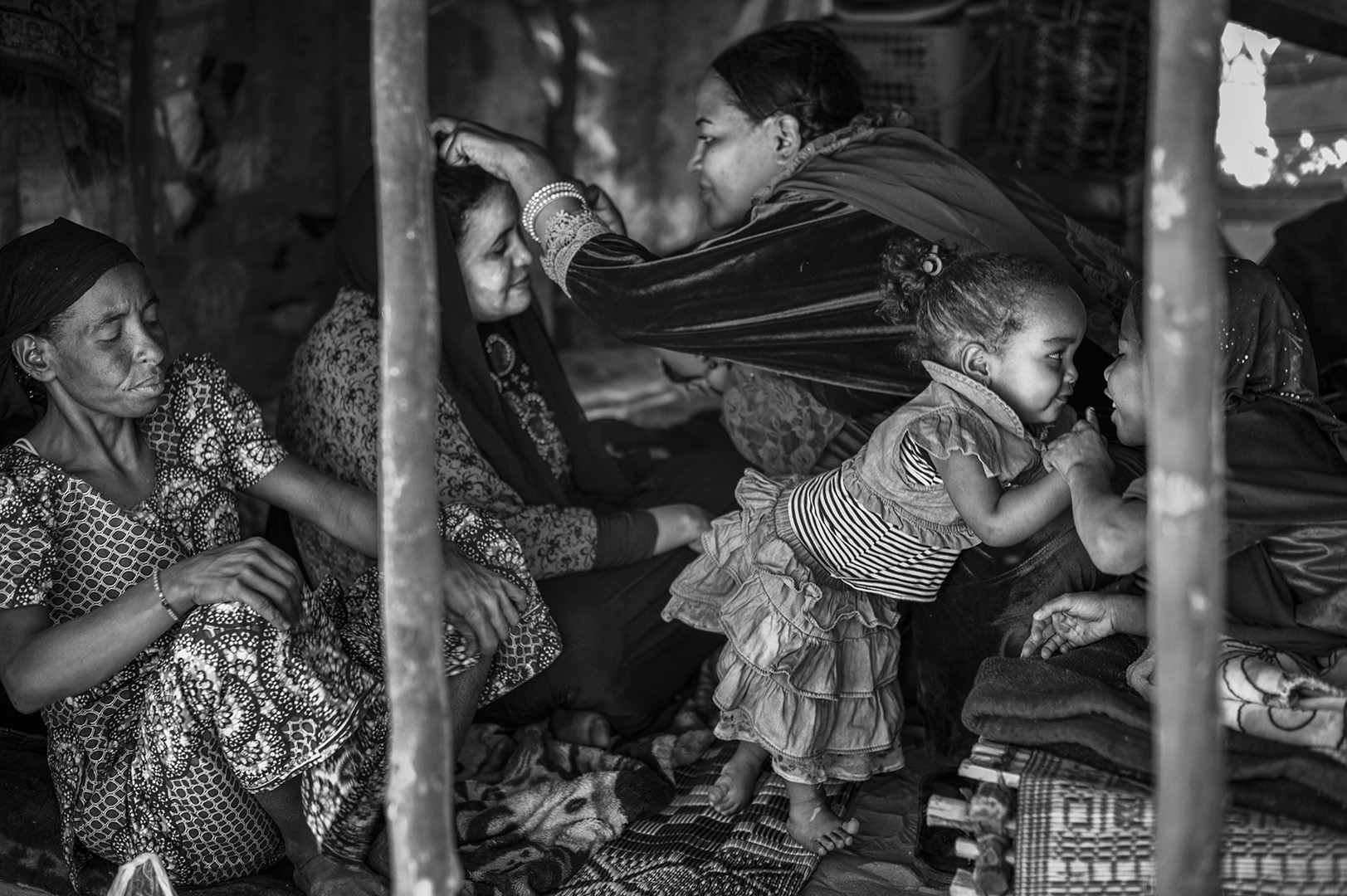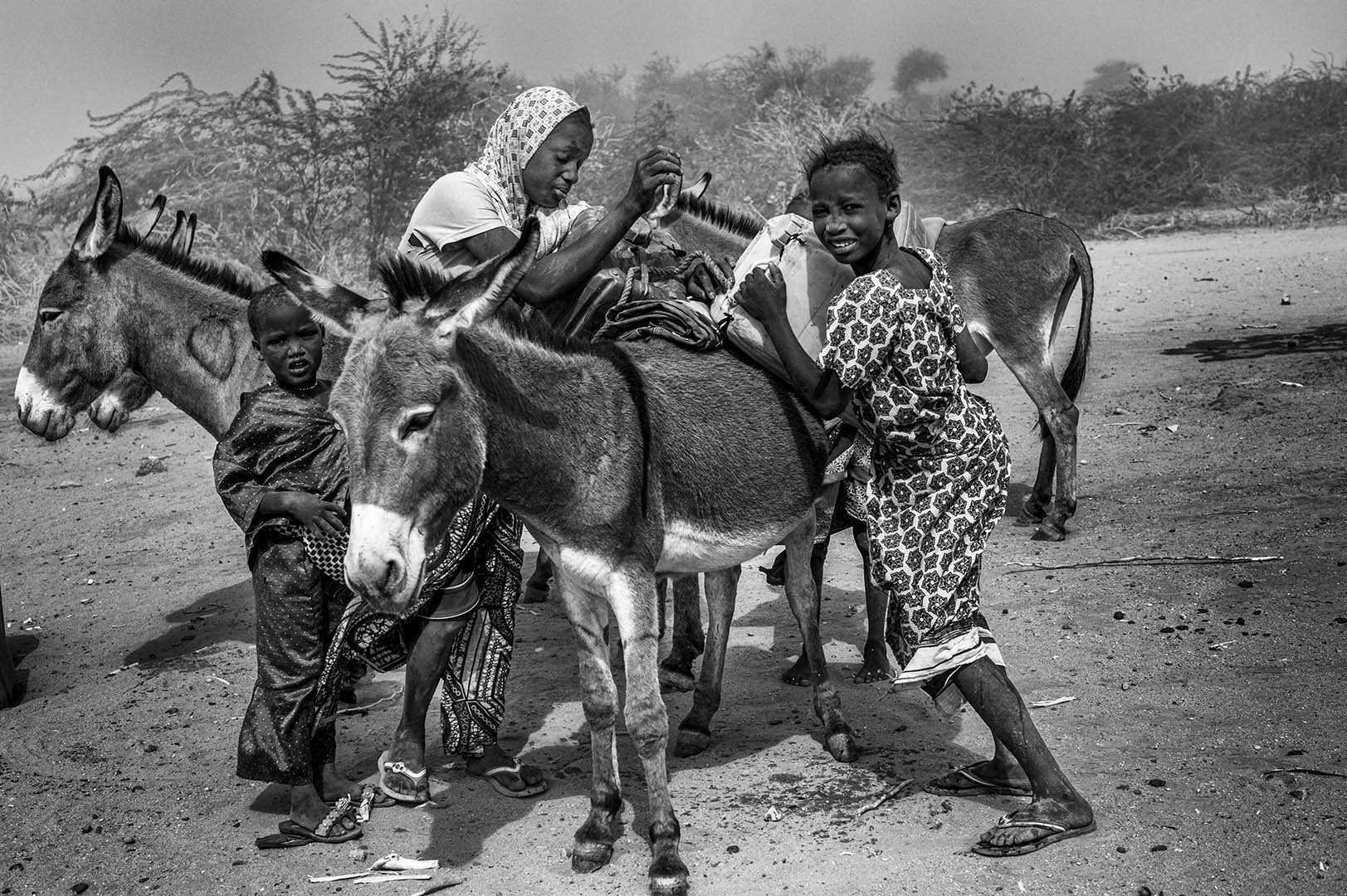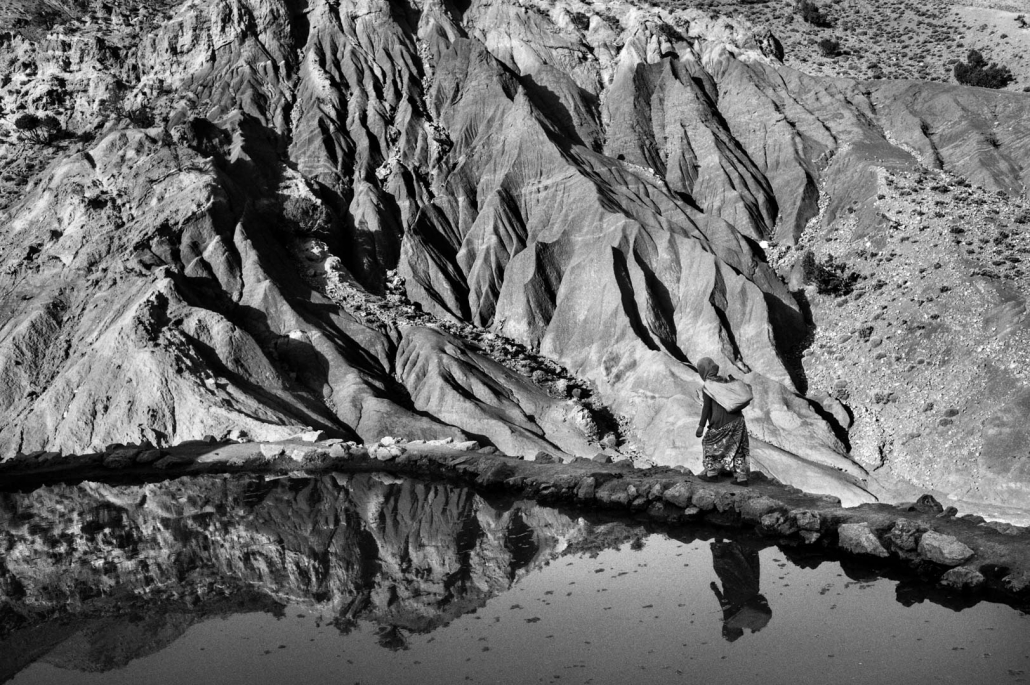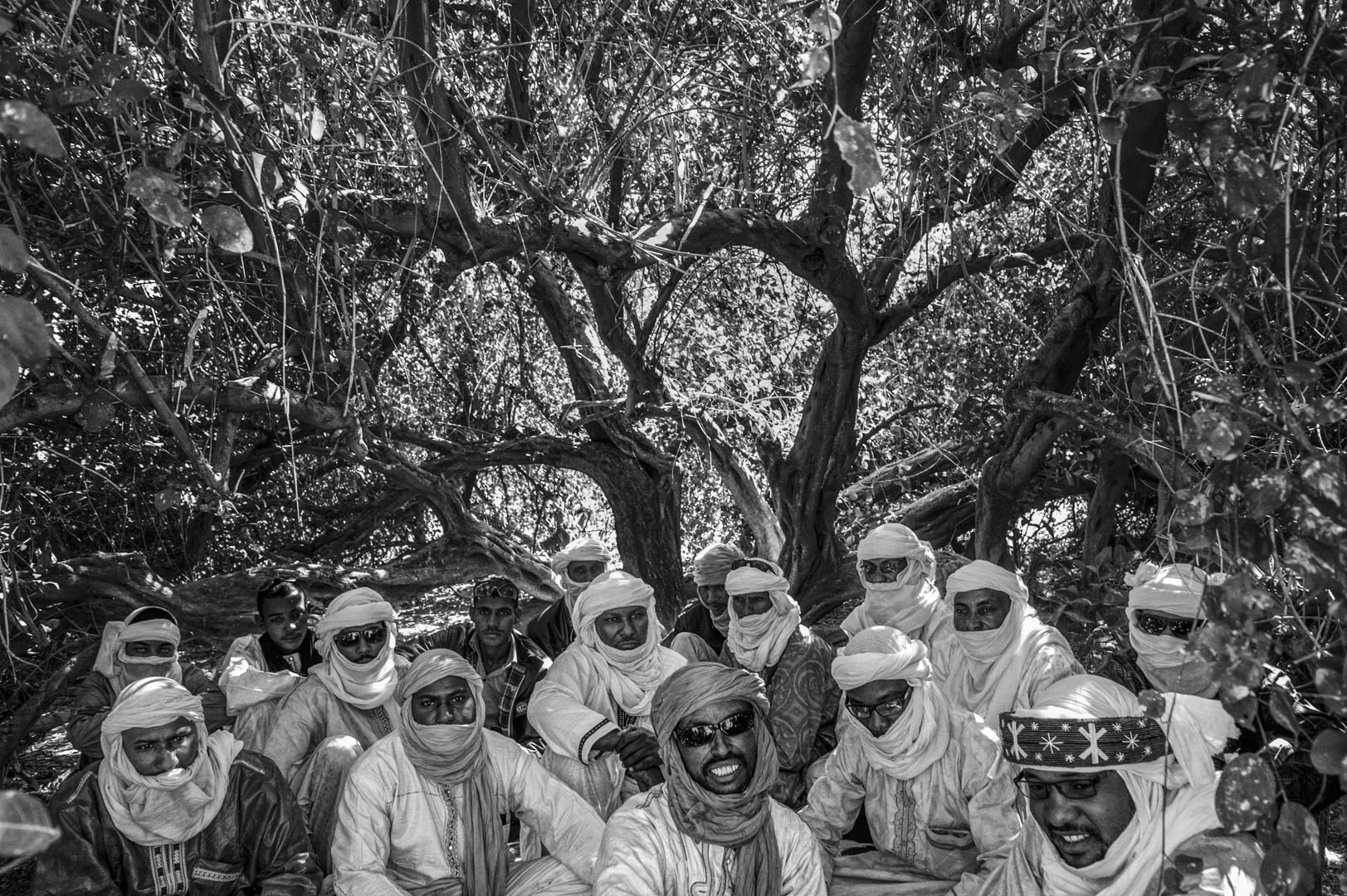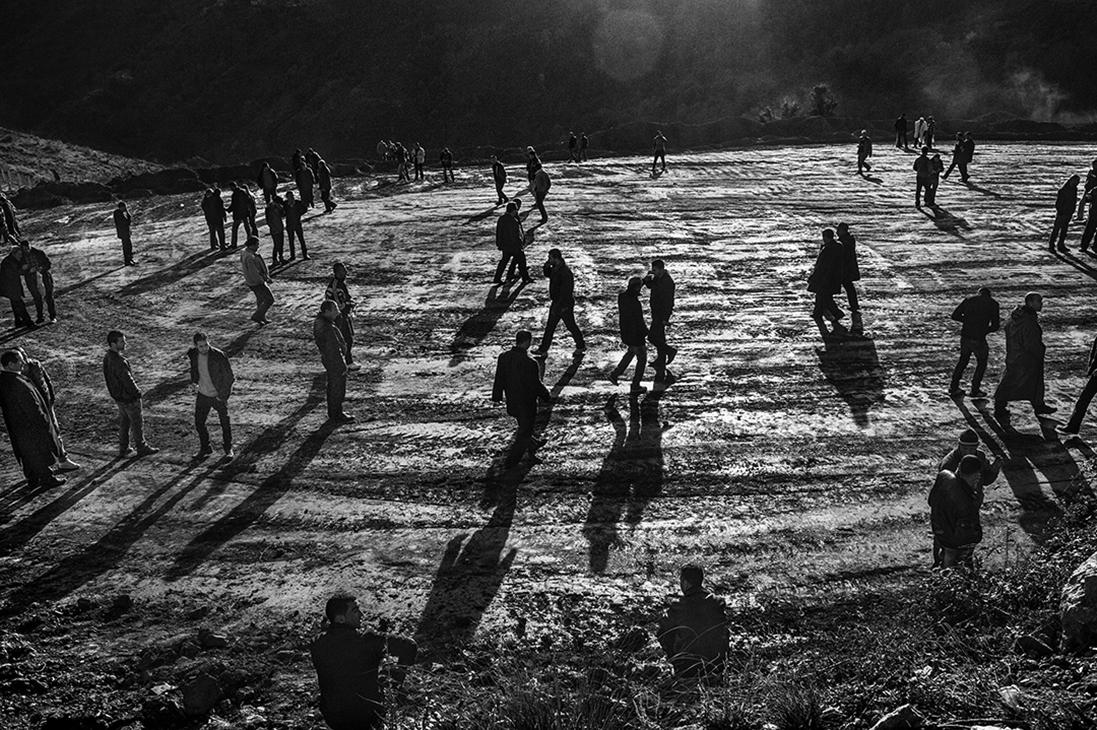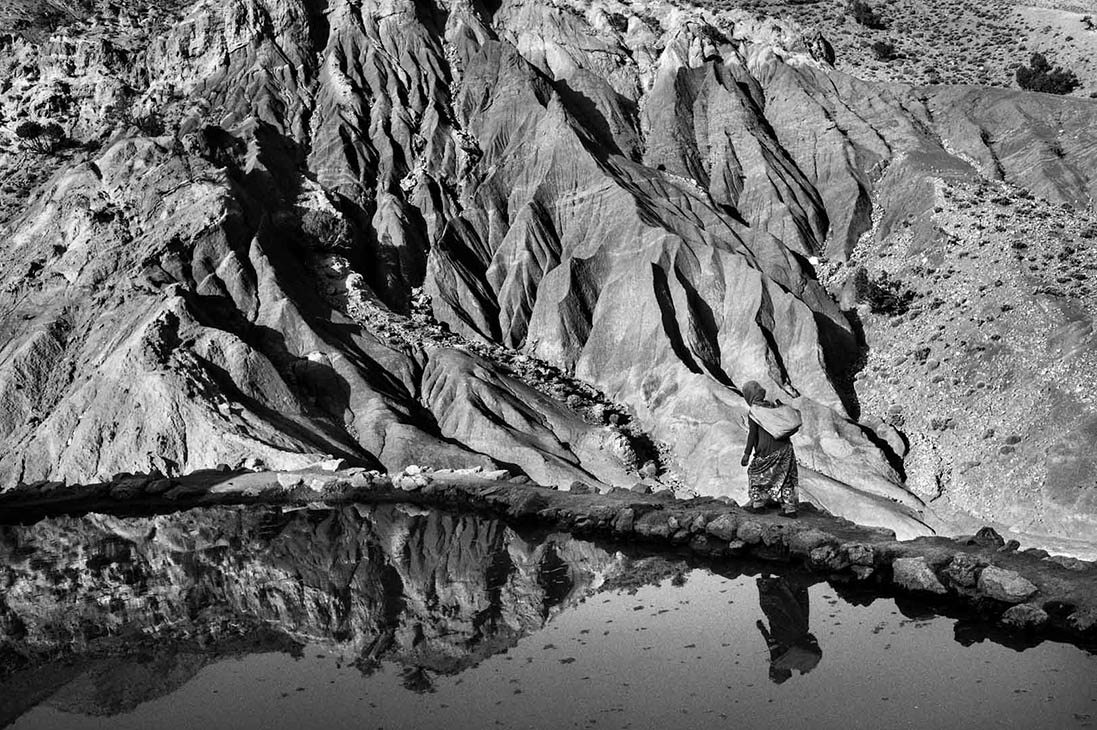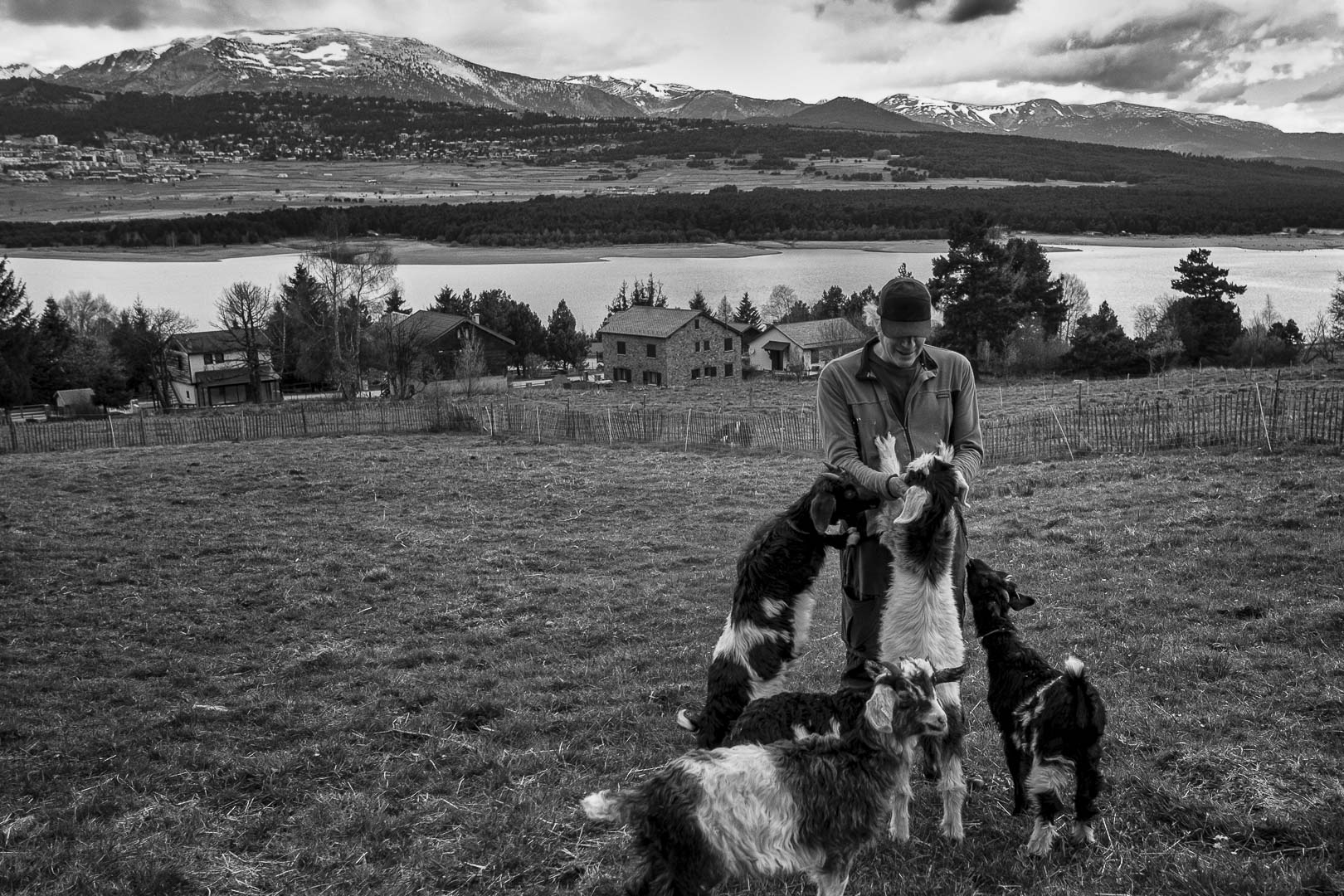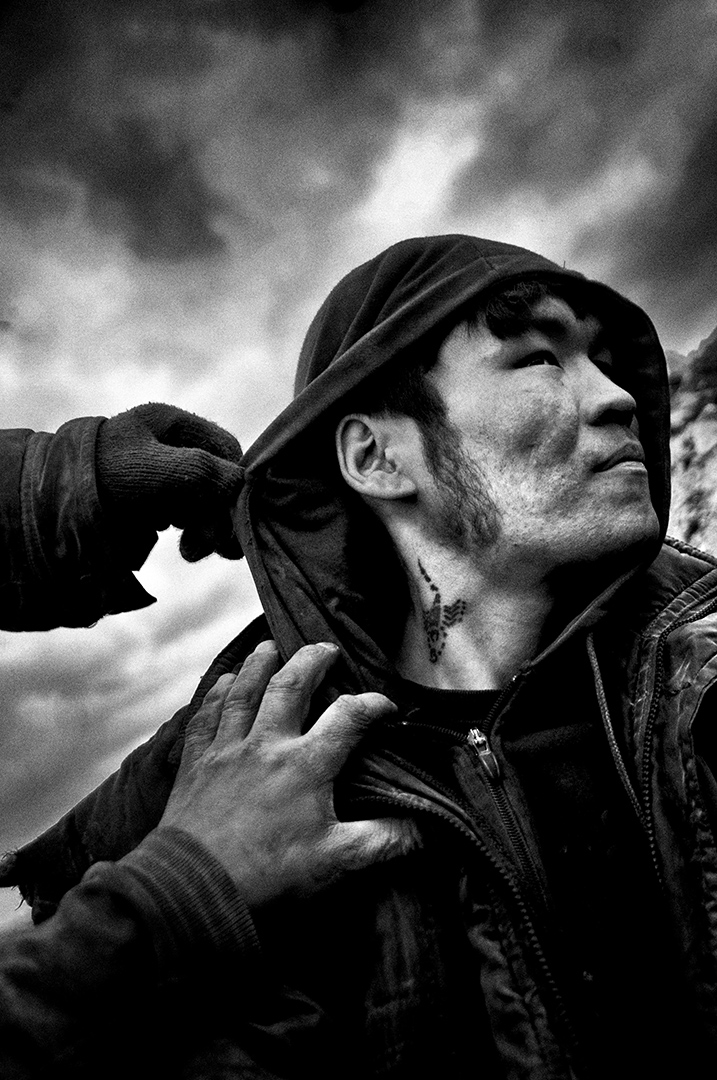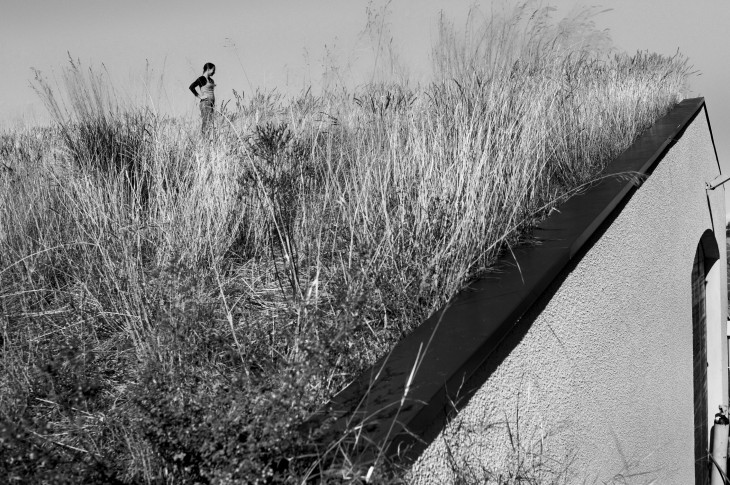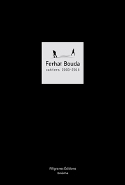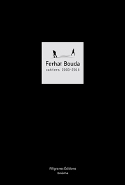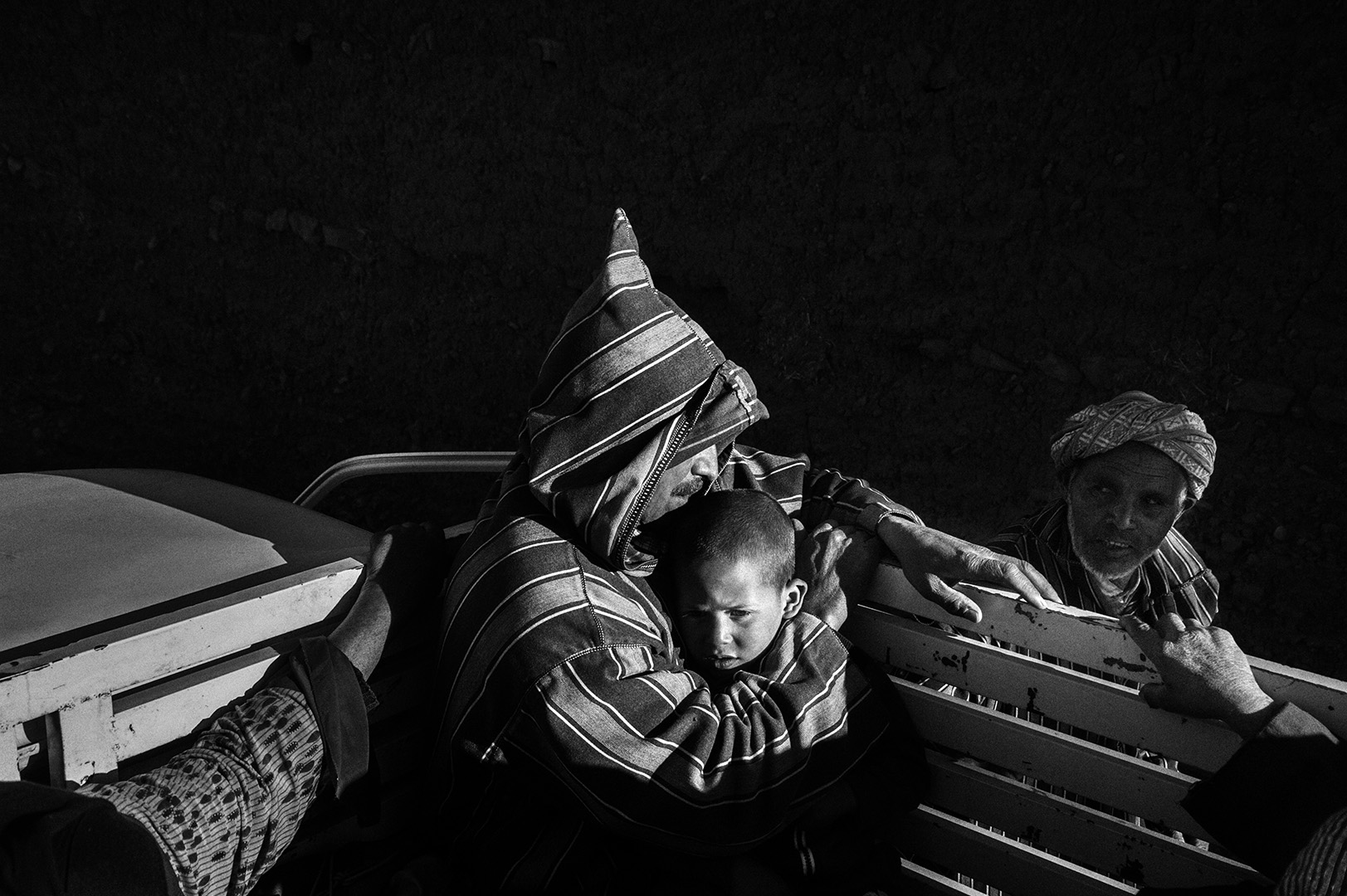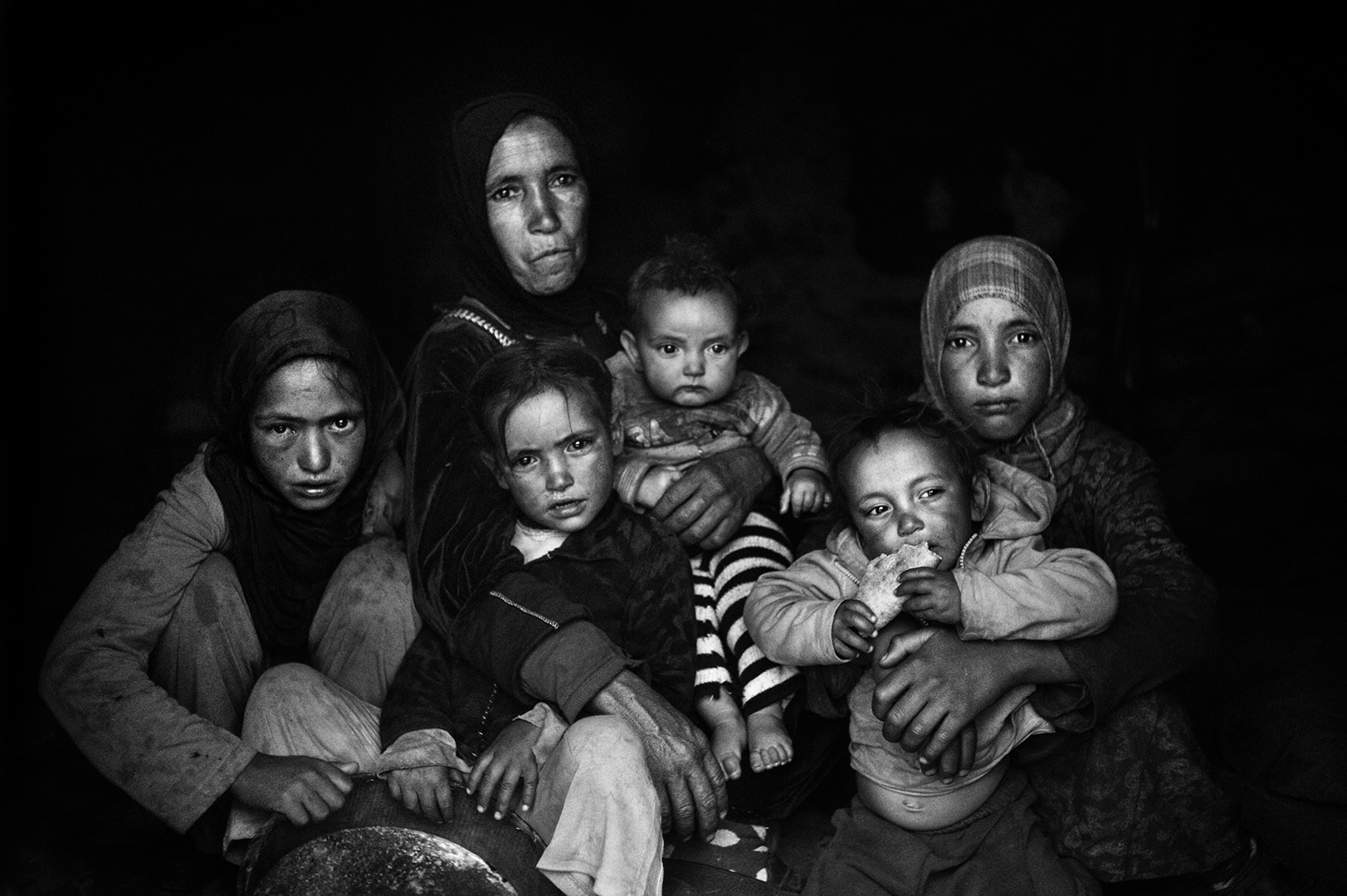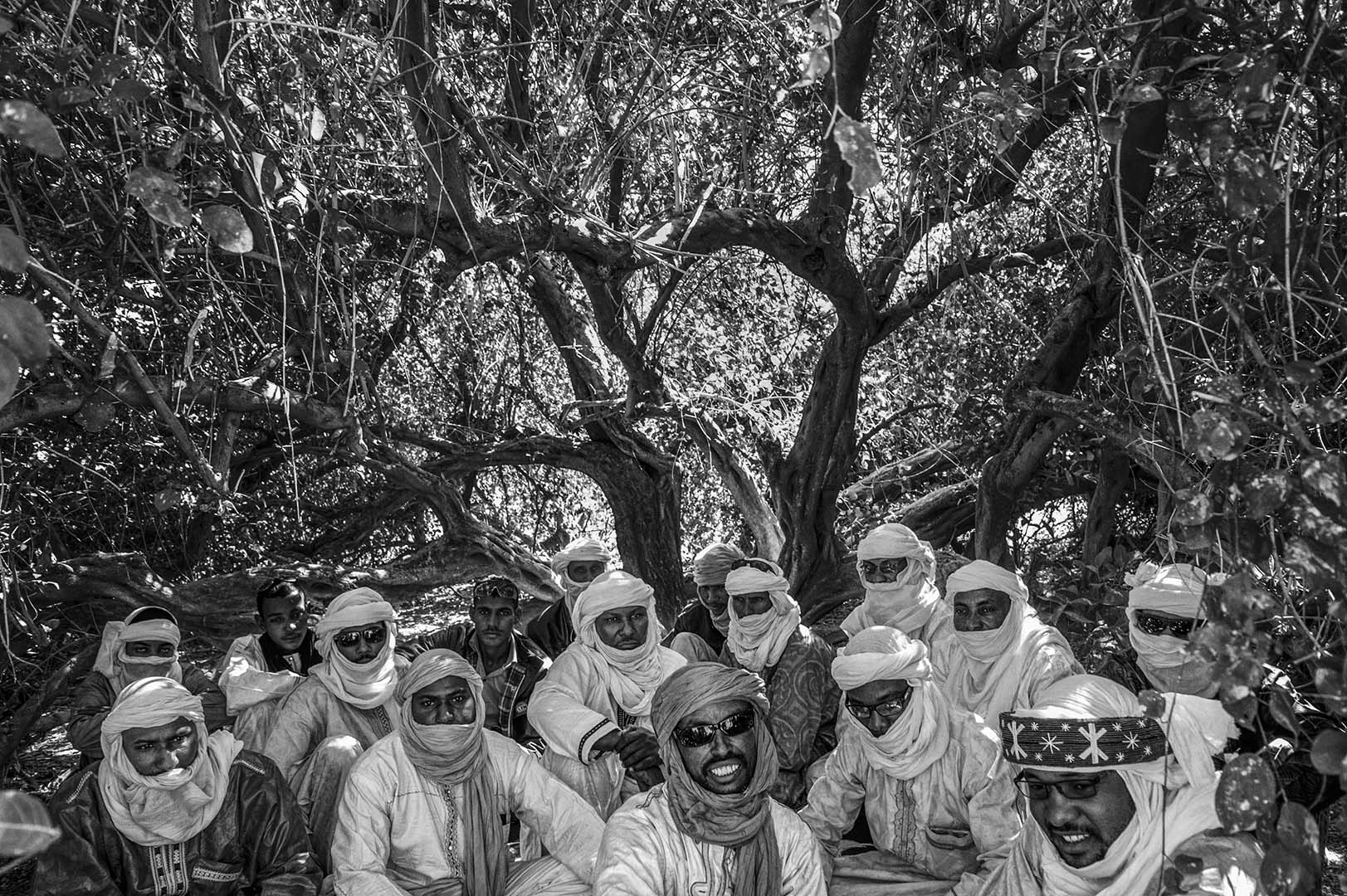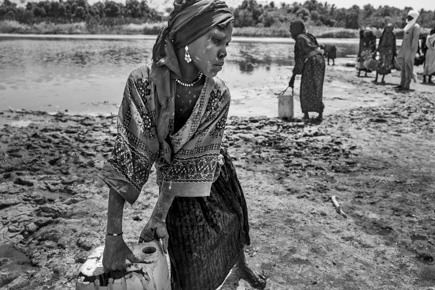 https://agencevu.com/wp-content/uploads/2021/10/00_BOU24659-2021NB25.jpg
290
435
Editorial
/wp-content/uploads/2021/05/logo-vert-2.svg
Editorial2021-10-18 18:32:222021-10-29 10:41:47Chad, climate change, 2021
https://agencevu.com/wp-content/uploads/2021/10/00_BOU24659-2021NB25.jpg
290
435
Editorial
/wp-content/uploads/2021/05/logo-vert-2.svg
Editorial2021-10-18 18:32:222021-10-29 10:41:47Chad, climate change, 2021Ferhat
Series
Interviews
Twist
Arte TV
—
A show realized by Brigitte Klein and featured by Thilo Jahn, 2022
The program Twist devotes a report to the exhibition of Ferhat Bouda “Photographs and diaries” presented at Fotografie Forum Frankfurt (Germany) from 18 March to 15 May 2022.
Maghreb Express
Médiapart
—
Interview by Rachida El Azzouzi, 2019
Marginalisés, opprimés, dispersés, les Berbères sont partout menacés.
Mediapart reçoit deux figures de la cause berbère, deux Kabyles : l’anthropologue Tassadit Yacine et le photographe Ferhat Bouda.
Parcours à Fleur de peau
France Inter
—
Interview by Brigitte Patient, 2018
Ferhat Bouda is born in 1976 in Kabylia, Algeria. He documents Berber culture wherever it is found. To testify and give to see. Portrait of a photographer on the thread of emotion and resistance.
“By documenting the life of the Berbers who populate this generous and nourishing land, where the sweetness of life reigns, my project is part of the approach of a culture in resistance. »
Le réveil culturel
France Culture
—
Interview by Tewfik Hakem, 2018
Interview in French with the photographer Ferhat Bouda for an exhibition at the Scam gallery in Paris, gathering his work around the Amazighs, the Berbers, and their singular and ancestral culture, which is now disappearing. From his travels in Niger and Morocco, Ferhat Bouda brings back precious and powerful images.
Atelier des médias – Ferhat Bouda, photographe de la berbérité
RFI
—
Interview by Ziad Maalouf, 2017
His work, extremely sensitive, in black and white, shows simple lives, without any comfort, in the heart of an emaciated mountain. A melancholic poetry emanates from his pictures which, it must be admitted, fall more readily into the category of art photography than into the more informative and less dreamlike category of photojournalism.
1/4 Interview avec Ferhat Bouda
Visa pour l’Image
—
Interview by Isabelle Garcia, 2017
Ferhat Bouda, photographer at Agence VU’, is exhibited at the Visa pour l’Image 2020 Festival for his subject: “Berbers in Morocco, a culture in resistance”, he is also the winner of the Pierre and Alexandra Boulat 2016 Prize supported by the Scam.
Photographie : aux sources de la culture berbère
TV5 Monde
—
Directed by Pascale Achard, 2017
On the occasion of his exhibition at the festival Visa pour l’image, in Perpignan in the South-West of France, Ferhat Bouda presents his work on the Berbers of the Maghreb.
Temps de pose – Ferhat Bouda
ARTE
—
Directed by Serge Challon / Vu de la terre, 2013
For the Arte broadcast Temps de pose, the photographer Ferhat Bouda discusses his documentary work on the Berbers of Mali. Through the commentary of some of his images, he tells the context of shooting and his personal relationship with the Tuaregs.
exhibitions
Ferhat Bouda : 2005-2023
—
Exhibition from 23 October to 24 December 2025
Galerie Zoème
8 rue Vian13006 Marseille
France
L’homme libre est celui qui veut et qui marche
—
Exhibition from 12 November to 7 December
Maison de l’Art à Grand Bassam, Côte d’Ivoire
IMAZIGHEN
—
Galerie VU’, Paris
—
From 23 June to 28 July 2023
IMAZIGHEN
—
Galerie d’art municipale, Corbeil-Essonne
—
From 31 March to 20 May 2023
Matemale, les pieds sur terre
—
Matemale, village du Capcir, Pyrénées-Orientales
—
From June 24 to October 16, 2022
Photographs and Diaries
—
Fotografie Forum Frankfurt, Braubachstraße 30–32, 60311 Frankfurt am Main, Germany
—
From March 18 to May 15, 2022
The Berbers
—
Galerie du CRI des Lumières, Lunéville, (FRANCE)
—
From April 25 to June 17, 2019
Latitude : 42.6976, Longitude : 2.8954
—
Centre international du photojournalisme
, Perpignan (FRANCE)
—
From May 06 to June 28, 2019
books
awards
Ellen Auerbach Fellowship (Germany)
For his project “the Berbers”
2020
Pierre & Alexandra Boulat Award (France)
For his project “the Berbers”
2016
Fellowship of the Hessian Cultural Foundation (Germany)
For his project “the Berbers”
2016
